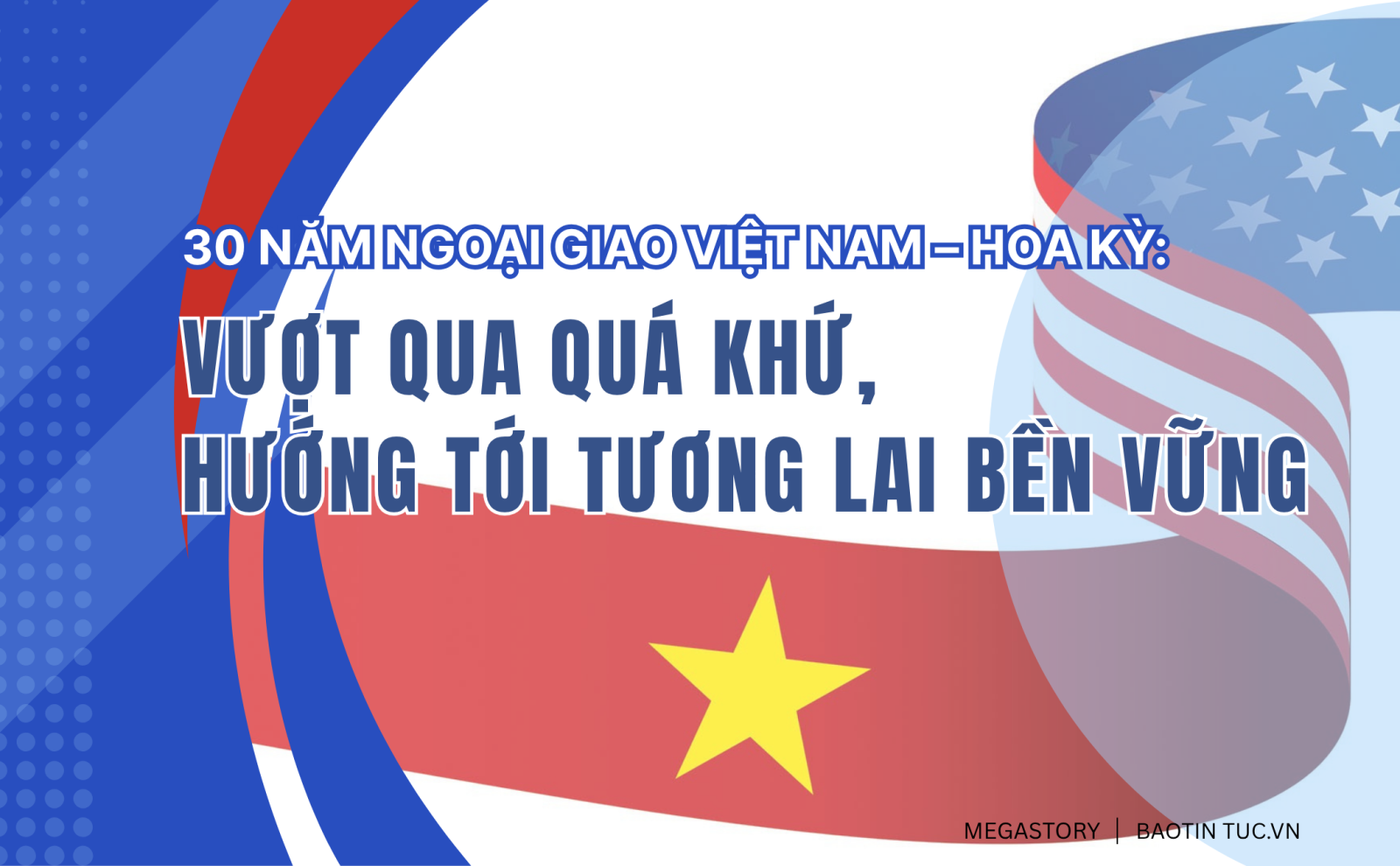
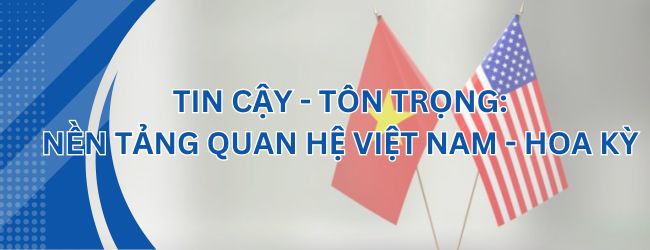
After a long process of negotiation and efforts from both sides, on July 11, 1995, US President Bill Clinton officially announced the normalization of diplomatic relations with Vietnam. Immediately afterwards, in the early morning of July 12 (Vietnam time), Prime Minister Vo Van Kiet also officially announced a similar decision from Vietnam.
This landmark event closed a chapter of historical confrontation and opened a new phase of cooperation between the two former enemies. From past differences, Vietnam and the United States have built trust and gradually promoted bilateral relations towards comprehensive cooperation.

Over the past 30 years, the bilateral relationship has been continuously promoted on the basis of respect for each country's independence, sovereignty, territorial integrity and political institutions; mutual understanding, equal cooperation, mutual benefit and in the spirit of overcoming differences, promoting similarities, looking towards the future; in accordance with the wishes and aspirations of the people of the two countries.
Looking back at the history of diplomatic relations between Vietnam and the United States, it is impossible not to mention President Ho Chi Minh 's letter to US President Harry Truman on January 18, 1946. In the letter, President Ho Chi Minh expressed his desire to establish a relationship of "full cooperation" between the two countries, clearly demonstrating the desire to cooperate right from the first steps.
The letter also affirmed the fundamental principles underlying bilateral relations, including equality and self-determination – principles established in the Atlantic Charter and the San Francisco Charter, demonstrating a commitment to respecting the sovereignty and legitimate rights of each country in the international community.
These principles have always been respected by Vietnam and the United States since the normalization of relations. Many leaders and experts on international relations use the phrases "outstanding" and "extremely impressive" to talk about the progress in Vietnam - US relations. Commenting on 30 years of bilateral relations between the two countries, Ambassador Pham Quang Vinh, former Deputy Minister of Foreign Affairs and former Vietnamese Ambassador to the United States, emphasized the importance of 10 years of Comprehensive Partnership, affirming: "This is the period when perhaps the Vietnam - US relationship has had the strongest, most comprehensive and profound developments".

Over the past 30 years, Vietnam-US relations have made great strides, developing extensively, substantially and comprehensively in all areas, at all three levels: bilateral, regional and international. To achieve these great strides, a solid political foundation with understanding, trust building and mutual respect between the leaders and people of the two countries is needed. Since normalization, the political-diplomatic relations between Vietnam and the United States have developed steadily with more frequent visits between high-ranking leaders.
On the US side, since 1995, five US Presidents have visited Vietnam: President Bill Clinton (2000), President George W. Bush (2006), President Barack Obama (2016), President Donald Trump (2017) and President Joe Biden (2023).
On the Vietnamese side, senior Vietnamese leaders also visited the United States, such as Prime Minister Phan Van Khai's official visit in 2005; President Nguyen Minh Triet's official visit in 2007; Prime Minister Nguyen Tan Dung's official visit in 2008; President Truong Tan Sang's official visit in 2013 and the establishment of a Comprehensive Partnership with the United States; General Secretary Nguyen Phu Trong's official visit in 2015 and during this visit, the two countries issued a Joint Vision Statement between Vietnam and the United States; Prime Minister Nguyen Xuan Phuc's official visit in 2017. Recently, there was a working trip by General Secretary and President To Lam in September 2024 within the framework of attending the Future Summit, 79th session of the United Nations General Assembly. During his visit and working in the United States, General Secretary and President To Lam met with President Joe Biden.

In addition to meeting face-to-face, the leaders of the two countries regularly maintain phone calls. Notably, in April and early July, General Secretary To Lam had phone calls with President Donald Trump about Vietnam-US relations, in which the two leaders affirmed their desire to continue to strengthen bilateral cooperation for the benefit of both countries and to contribute to peace, stability and development in the region and the world.
The visits and high-level phone calls in the spirit of frank, sincere, and mutually respectful discussions, together aiming for common ground, have helped both sides increase understanding, build trust between the leaders and people of the two countries, and create a foundation for the relationship to develop more strongly and positively.

During his meeting with US President Barack Obama at the White House in July 2015, General Secretary Nguyen Phu Trong emphasized: "Friendship and cooperation is the only correct direction for the Vietnam - US bilateral relationship, beneficial to both countries, in line with the interests of the people of both countries, the region and the world. In a rapidly changing world today, the common interests between the two countries are increasingly expanding, the Vietnam - US relationship in the coming time needs to aim for increasingly deep, substantial and effective development."

Since 1994, when the United States officially lifted the trade embargo against Vietnam, a new page in economic and trade cooperation in the overall bilateral relationship between Vietnam and the United States has begun.
In 2013, the two countries established a Comprehensive Partnership and by September 2023 upgraded it to a Comprehensive Strategic Partnership, opening a new chapter in bilateral cooperation, aiming at harmonious interests, sustainable development, contributing to peace, stability and prosperity in the region and the world.
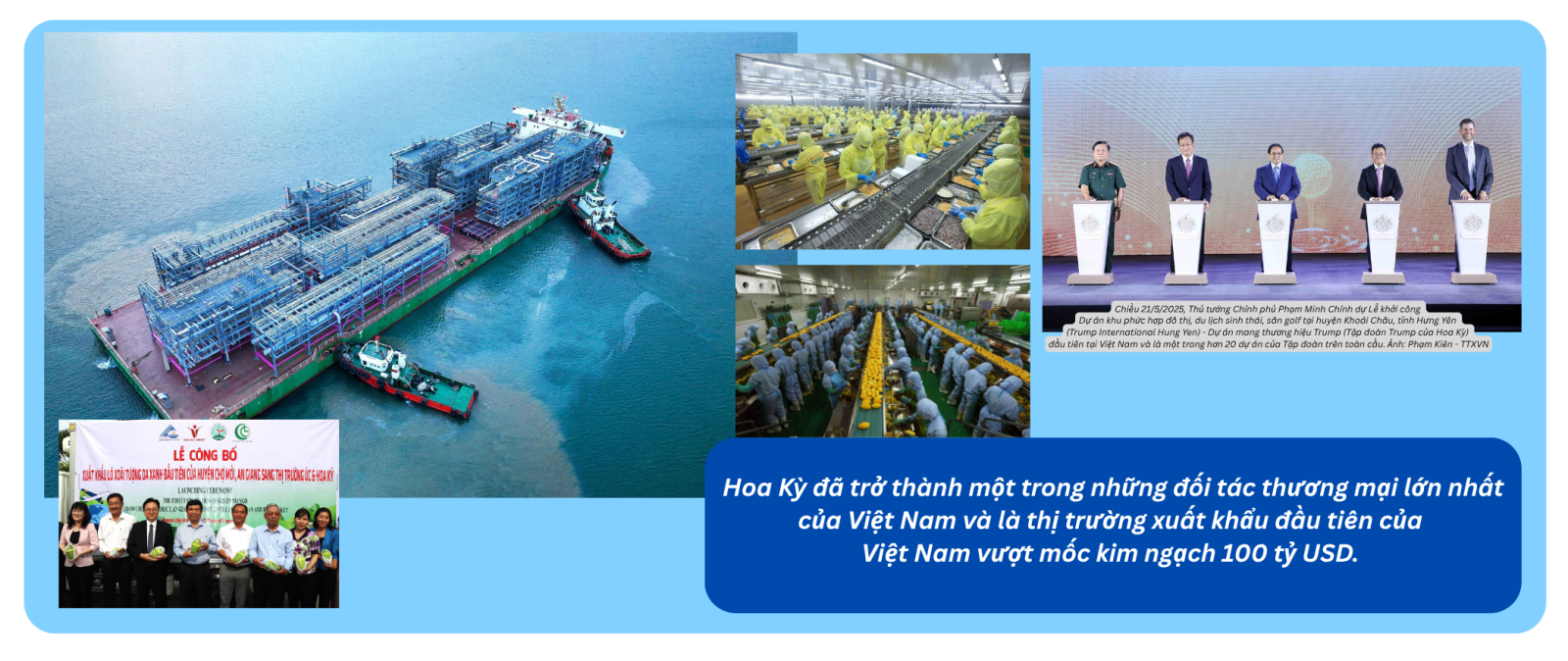
Currently, the United States has become one of Vietnam’s largest trading partners and is the first export market of Vietnam to surpass the 100 billion USD mark. From 1995 to 2023, two-way trade turnover between the two countries has grown impressively, more than 140 times – from 451 million USD to nearly 140 billion USD.
Vietnam's main export items to the US market have positive growth rates, including: machinery, electronic equipment; audio and video recording equipment; footwear; leather products; handbags, wallets, umbrellas; plastics and plastic products; toys, games and sports equipment.
On the other hand, imports from the United States to Vietnam also recorded strong growth, especially aircraft, equipment and spare parts; chemicals; plastics and plastic products.
According to Mr. Ta Hoang Linh - Director of the European - American Market Department, the United States is an important market providing input materials for Vietnam's production activities. Main items include cotton, animal feed, corn, soybeans, chemicals, machinery and technology. Increasing the import of products from the United States helps "clean up" the supply chain thanks to certification standards and clear origin of raw materials.
In addition, Vietnam has a large demand for importing many types of machinery, high-tech equipment, aviation and telecommunications equipment, and agricultural products as inputs for production activities to meet the high growth rate and rapid expansion of the economy. With an average gross domestic product (GDP) growth rate of nearly 7% per year and a population of nearly 100 million people, Vietnam is forecast to be a potential market for US companies operating in all fields.

In terms of investment, the United States has always been one of the leading investors in Vietnam. As of 2024, there had been more than 11 billion USD in direct investment from the United States in Vietnam. Meanwhile, what is new compared to before is that a number of Vietnamese enterprises have invested in the United States with capital up to billions of USD.
According to data provided by the Foreign Investment Agency, as of April 30, 2025, Vietnam had 252 investment projects in the United States with a total investment capital of 1.36 billion USD. Vietnam's investment projects are concentrated in professional, scientific and technological activities; real estate business activities; processing and manufacturing industries.
Bilateral cooperation does not stop at trade but also extends to many other areas, from security, defense to overcoming the consequences of war, education and training, people-to-people exchange, in handling regional and global issues such as climate change, counter-terrorism, participation in the United Nations peacekeeping force, etc.
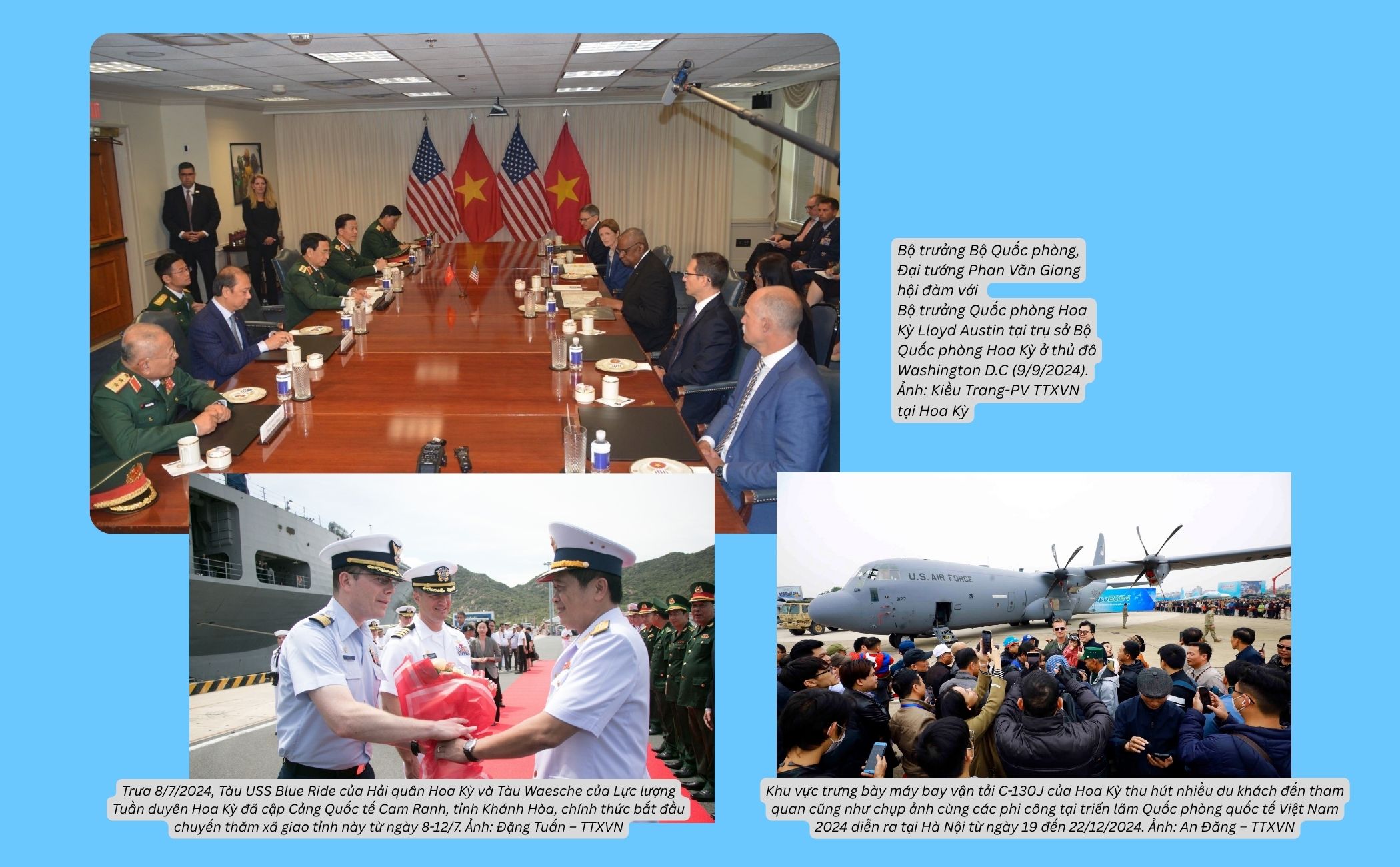
Security and defense cooperation has been actively maintained with diverse cooperation contents, notably delegation exchanges, high-level contacts and maritime capacity enhancement. The two sides have also coordinated increasingly effectively at multilateral forums such as the Association of Southeast Asian Nations (ASEAN), the United Nations, the Asia-Pacific Economic Cooperation Forum (APEC), the Mekong Sub-region, in addressing regional and international issues of mutual concern, such as sustainable development and climate change. The two countries have actively cooperated in enhancing law enforcement capacity at sea and participating in United Nations peacekeeping operations.
US Ambassador to Vietnam Marc E. Knapper said that the Vietnam-US relationship is a typical model in cooperation in dealing with the consequences of war. While Vietnam actively supports the US in the search, collection and repatriation of the remains of missing US soldiers, the US has also proactively implemented many programs to overcome the consequences of war, such as dioxin contamination treatment, support for people with disabilities and mine clearance.
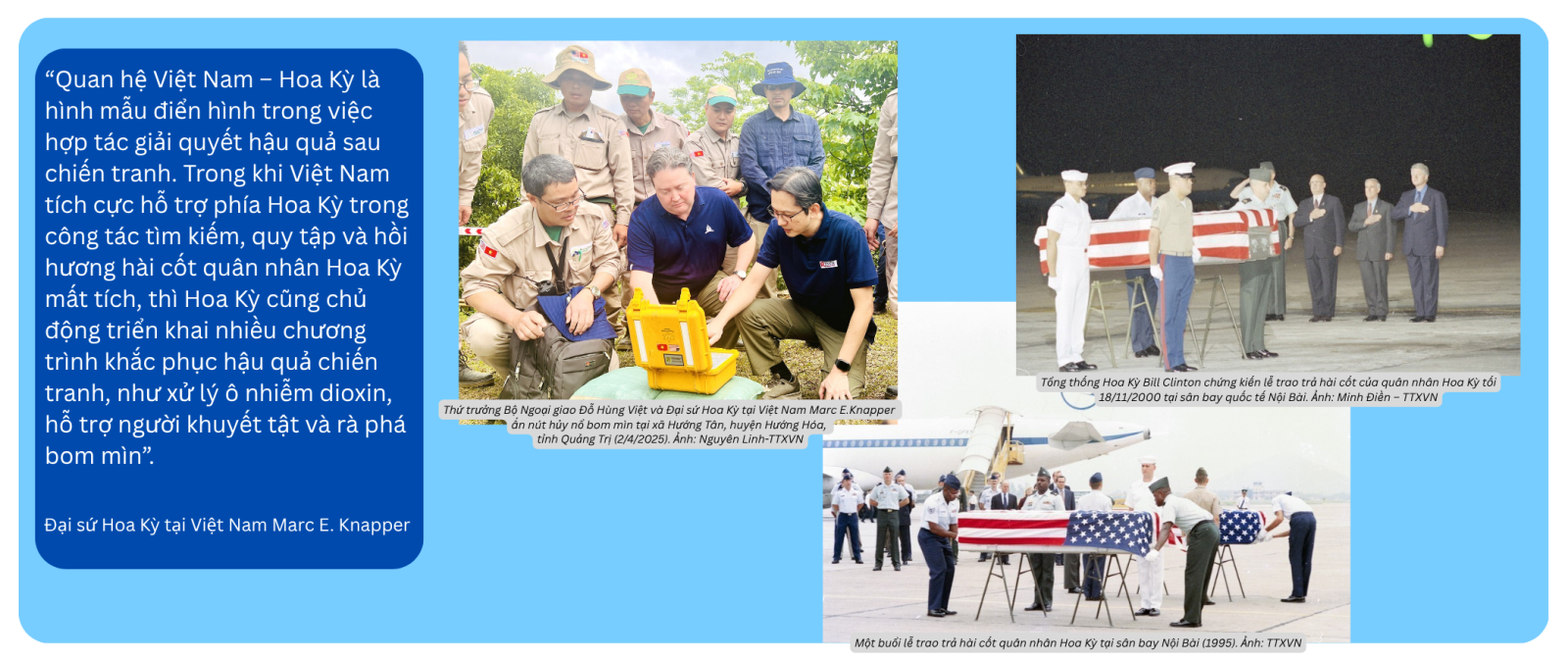
In the education sector, between 23,000 and 25,000 Vietnamese students study in the United States each year. Before the COVID-19 pandemic, this number exceeded 31,000 students. Vietnam is currently the leading country in Southeast Asia and the fifth in the world in terms of the number of students studying in the United States.
Regarding tourism, before the COVID-19 pandemic, US tourists were always among the top 5 international markets to Vietnam, with an average of about 800,000 visitors per year. In the context of the global tourism industry recovering, Vietnam is aiming to welcome 1 million US visitors in the near future.

History has witnessed miraculous transformations. But the future is for both peoples to choose. After 30 years of normalization, Vietnam - US relations have made strong strides beyond the imagination of even the most optimistic.
"Thirty years ago, perhaps the most optimistic person could not have imagined how Vietnam and the United States could somehow overcome the pain of war to build and develop a strong and positive relationship like today," General Secretary and President To Lam said on September 23, 2024.
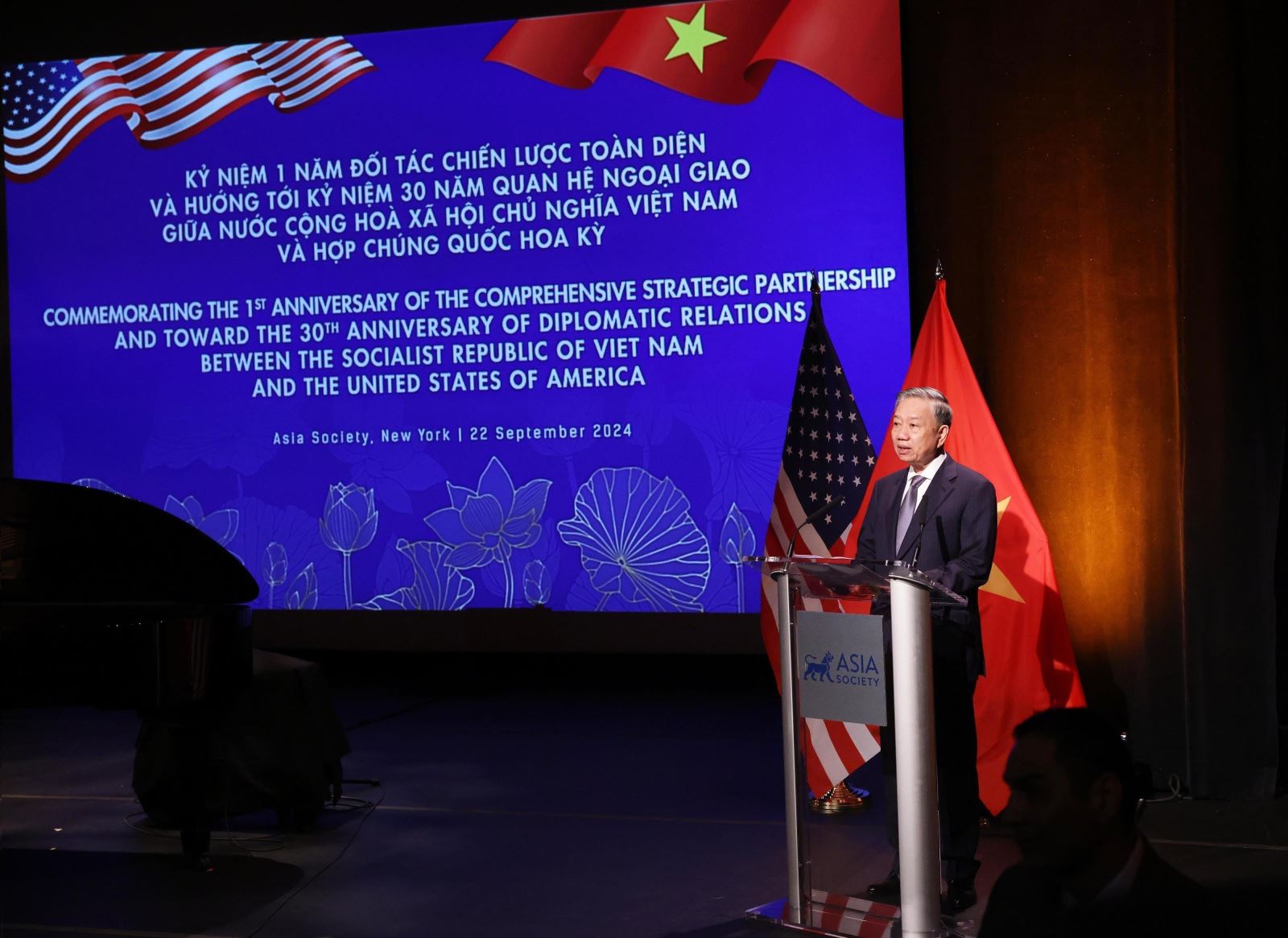
General Secretary and President To Lam and his wife, along with a high-ranking Vietnamese delegation, attended the ceremony to celebrate the first anniversary of the Comprehensive Strategic Partnership and look forward to the 30th anniversary of diplomatic relations between Vietnam and the United States in September 2024. Photo: Lam Khanh/VNA
Also in his final speech to the United Nations General Assembly as the head of the United States, on September 24, 2024, US President Joe Biden emphasized the strength of the human spirit and the ability to reconcile that has helped Vietnam and the United States move forward.
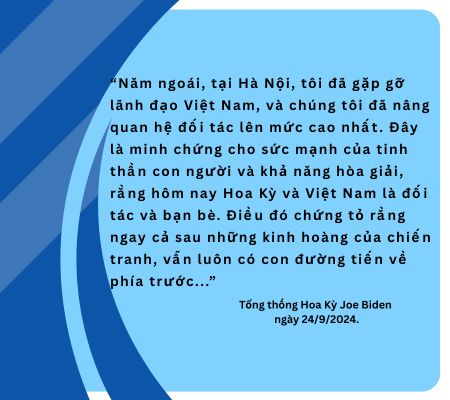
“Last year in Hanoi, I met with Vietnam’s leadership, and we raised our partnership to the highest level possible. It is a testament to the power of the human spirit and the capacity for reconciliation that today the United States and Vietnam are partners and friends. It proves that even after the horrors of war, there is always a way forward. Things can get better,” he said.
According to Ambassador Ted Osius, Chairman of the US-ASEAN Business Council, the prospects and potential for cooperation between Vietnamese and US businesses are on a very strong upward trajectory and are increasingly being strengthened, especially after the two countries officially upgraded their relationship to a Comprehensive Strategic Partnership for Peace, Cooperation and Sustainable Development. Vietnam and the US have many commitments to strengthening bilateral economic relations, especially in three areas including technology, energy and healthcare.
During the seminar: “30 years of Vietnam-US relations: The role of public-private partnership” held in Washington, DC in June, US Deputy Assistant Secretary of State Andrew Herrup acknowledged that Vietnam is the 9th largest trading partner of the US and welcomed cooperation initiatives on AI, digital transformation and education of US businesses in Vietnam.
In the context of Vietnam's strong transformation, Mr. Herrup expects that US businesses will continue to accompany Vietnam in areas such as AI, digital transformation, energy and infrastructure, contributing to promoting growth and common prosperity.

According to Professor Thomas Patterson, a public policy expert at Harvard University, strengthening economic relations and technological cooperation between Vietnam and the United States brings practical benefits to both countries. He emphasized that the United States is a global leader in technology and innovation, so access to US technology and innovation centers will bring great advantages to Vietnam. In contrast, Vietnam has a hard-working, diligent workforce with a particularly entrepreneurial spirit - a factor that attracts US businesses.
Sharing about the potential for developing bilateral relations, Professor David Dapice - a leading economic expert on Southeast Asia - said that Vietnam's progress in training the workforce, developing green energy and improving the capacity of highly specialized suppliers will open up opportunities to attract more direct investment flows from the United States.
Meanwhile, Professor Carlyle Thayer, an Australian expert on Southeast Asia, said the United States is looking for a secure and flexible semiconductor supply chain from Vietnam. At the same time, Vietnam also wants to attract more large investments from the United States and increase market access in the context of global economic fluctuations.
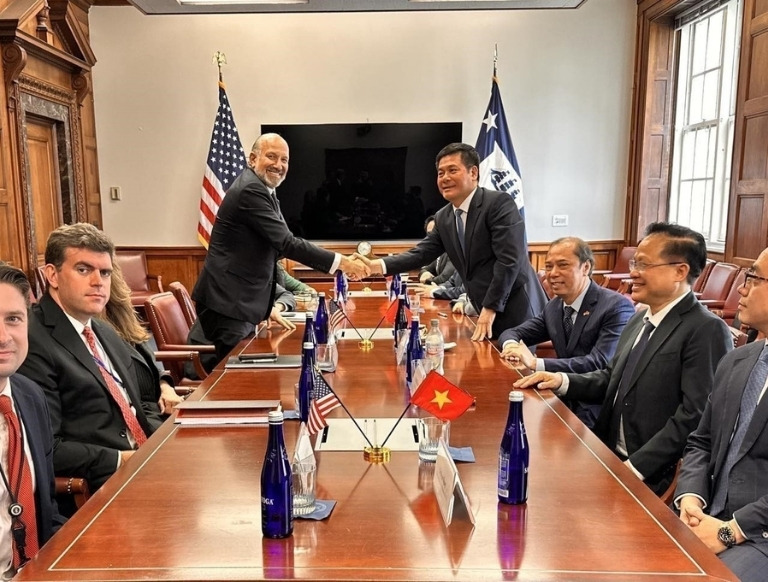
Minister of Industry and Trade, Head of the Government Negotiation Delegation Nguyen Hong Dien works with US Secretary of Commerce Howard Lutnick on the negotiation process of the Reciprocal Trade Agreement between the two countries (US, May 22, 2025). Photo: VNA
In his policy speech at Columbia University on the occasion of attending the 79th Session of the United Nations General Assembly and working in New York, USA in September 2024, General Secretary To Lam expressed his deep confidence that the Vietnam - US relationship based on the framework of Comprehensive Strategic Partnership will reach new heights, with the spirit of "Putting aside the past, overcoming differences, promoting similarities, looking towards the future" and having frank and constructive dialogue, sharing common interests.
The new height of bilateral relations will establish a sustainable, stable, long-term framework and open up space for the development of Vietnam - US relations in the coming decades; as well as, contribute to peace, stability, cooperation and sustainable development in the region and the world. A new period of cooperation opens for Vietnam - US relations, in which the core content is to bring the Vietnam - US relationship to an increasingly deeper, more sustainable, more effective and create more strategic breakthroughs.
In the face of rapid changes in the international and regional situation, the Vietnam-US relationship not only plays a key role in the foreign policies of the two countries but also serves as a pillar in the regional security and development structure. With a commitment to enhancing dialogue and expanding cooperation in many areas, the two sides are moving towards a sustainable strategic partnership, contributing to creating an environment of peace, stability and common prosperity.
The journey of the past 30 years is a testament to the power of perseverance, respect and cooperation. The Vietnam-US relationship is not only a lesson in post-war reconciliation but also a symbol of proactive and creative foreign policy development for the benefit of the people of the two countries and the international community.
Summary: Bao Ha
Photo, graphics: VNA
Editor: Nhat Minh
Presented by: Hong Hanh
Source: https://baotintuc.vn/long-form/emagazine/30-nam-ngoai-giao-viet-nam-hoa-ky-vuot-qua-qua-khu-huong-toi-tuong-lai-ben-vung-20250708153543161.htm


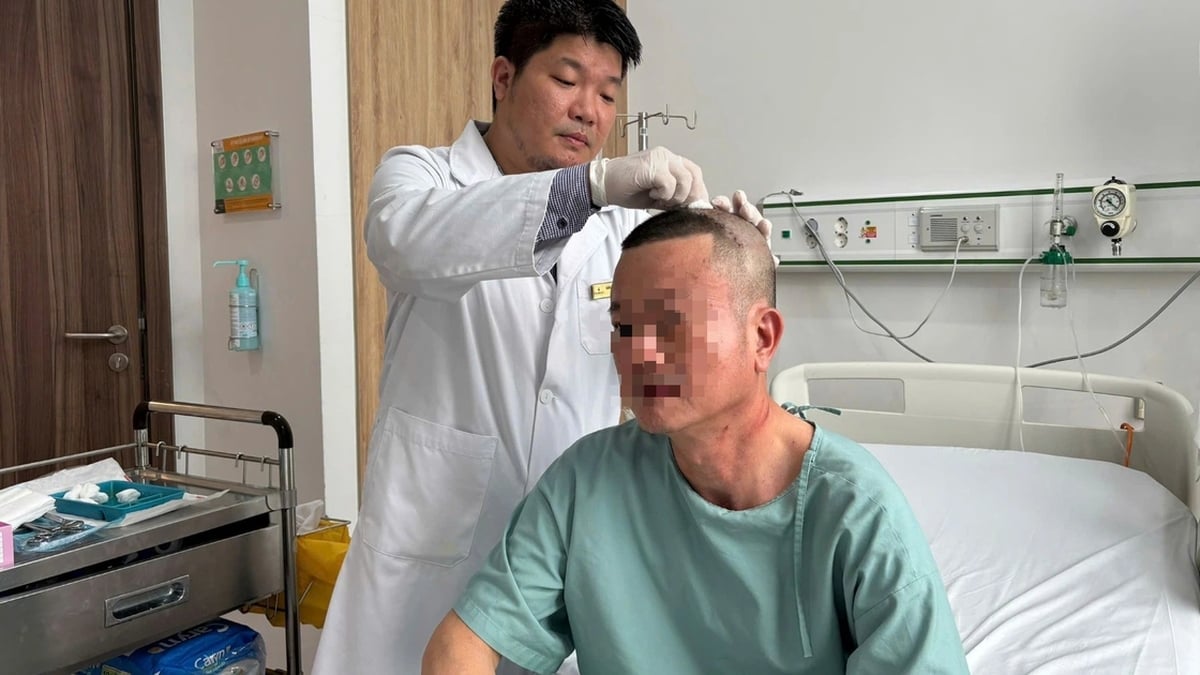
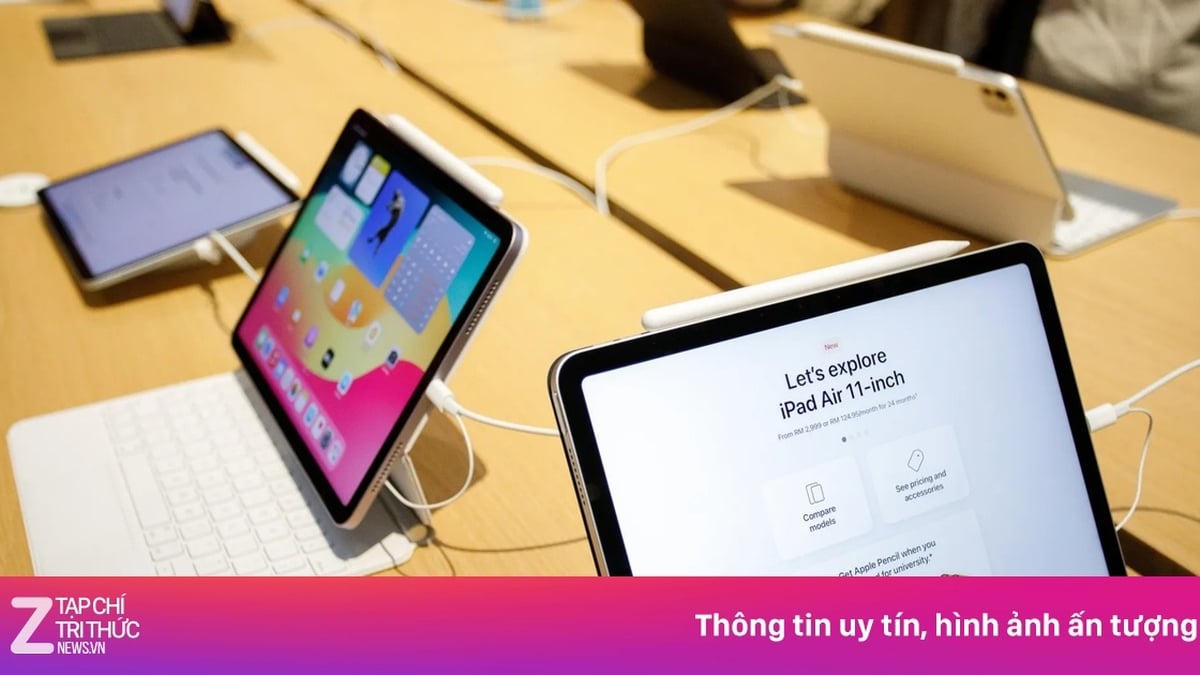
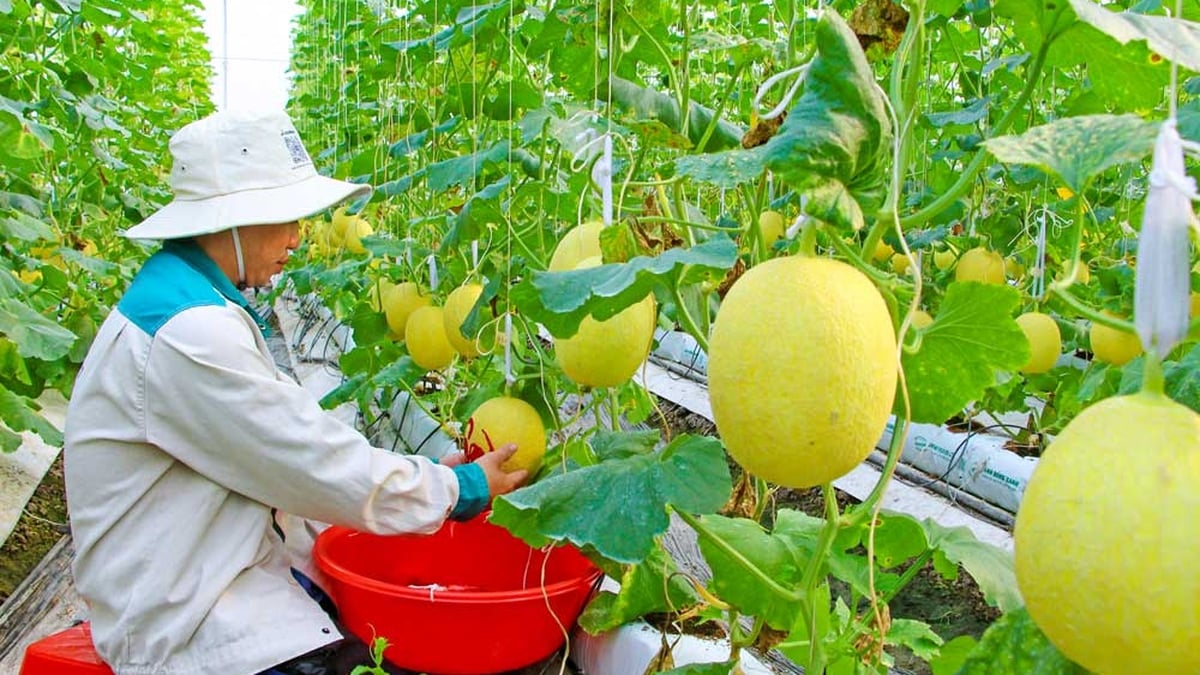
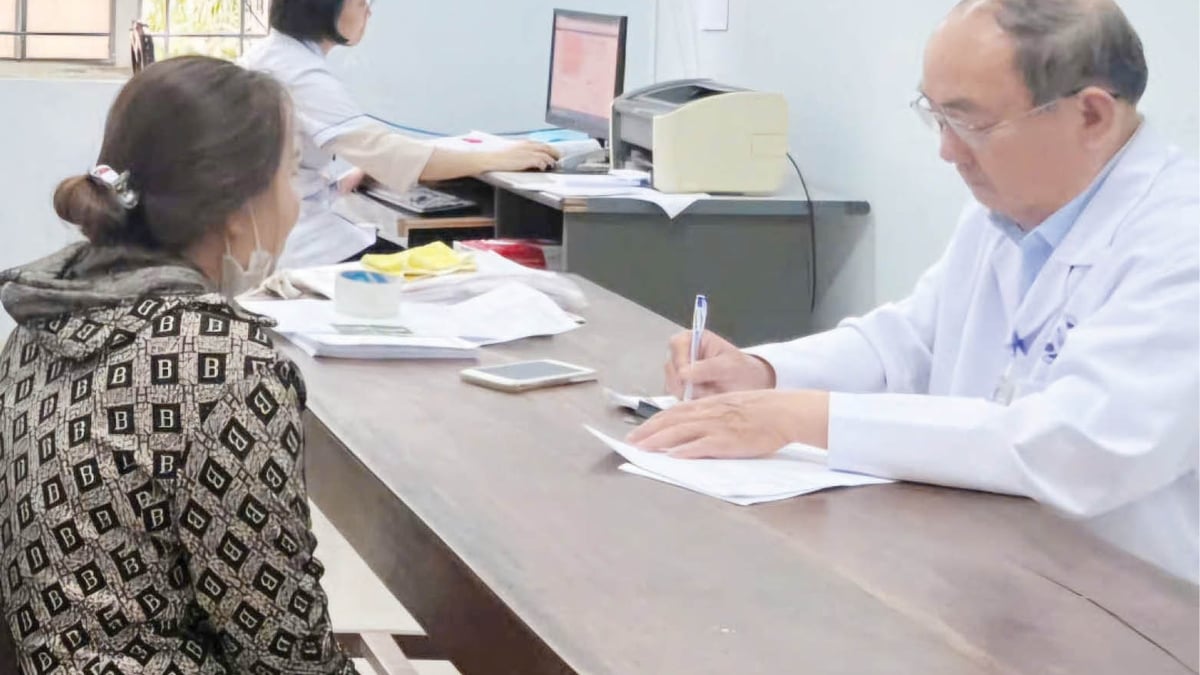
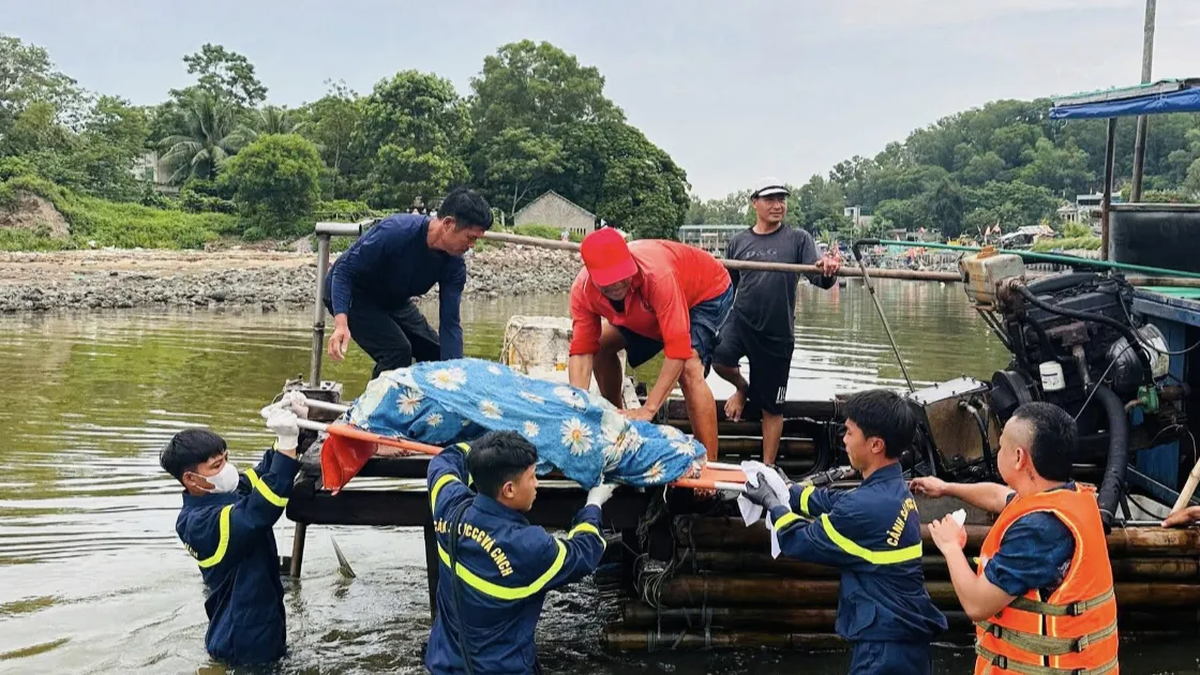
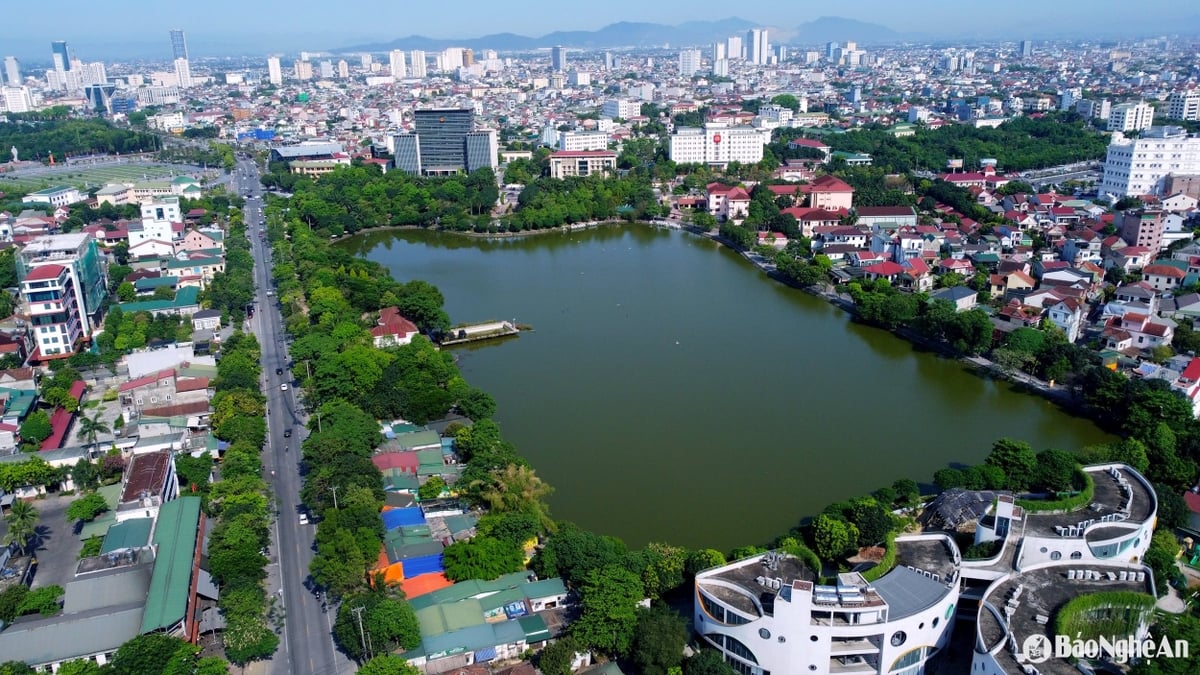
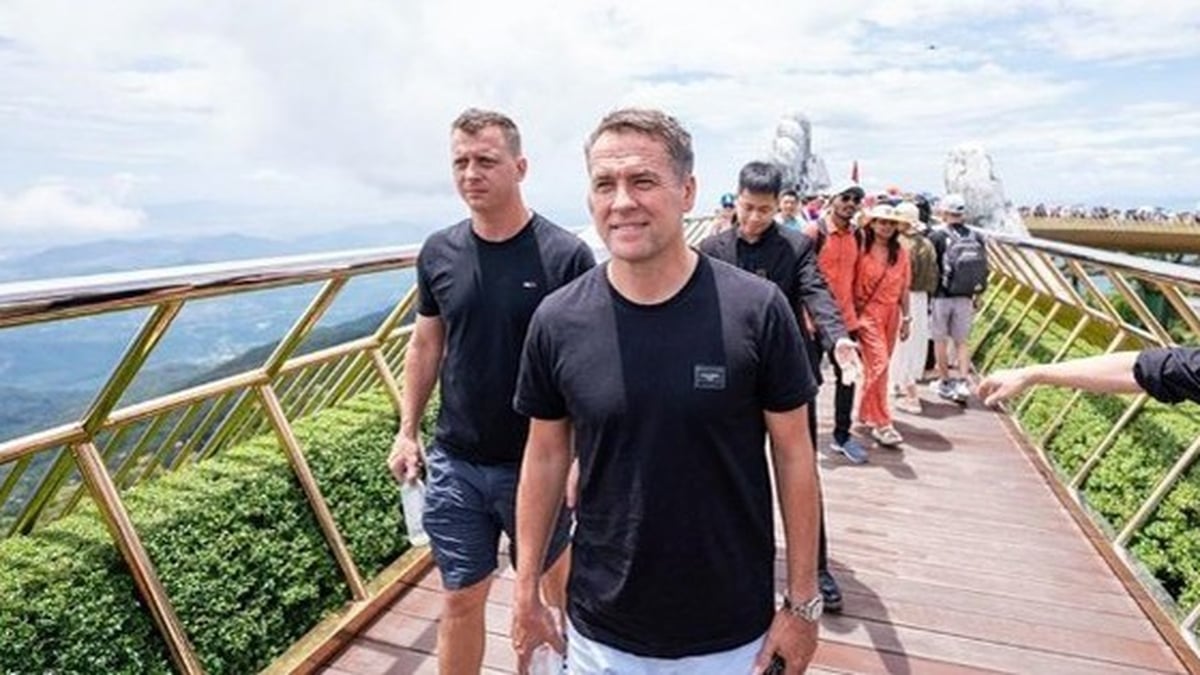
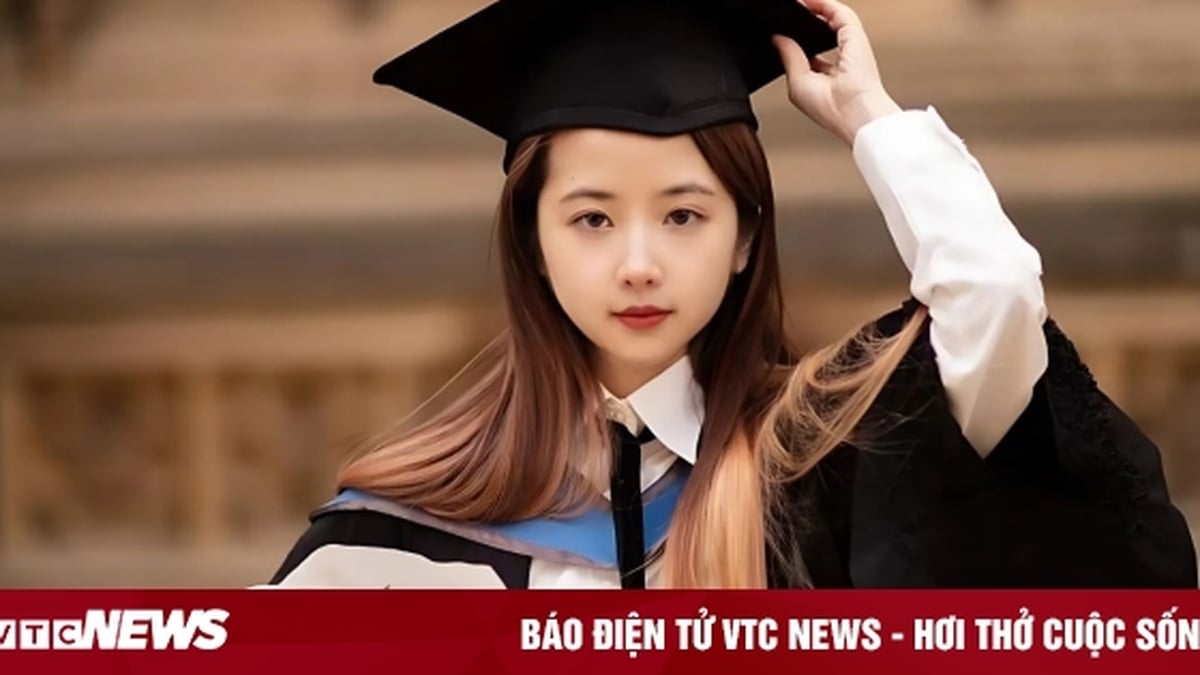
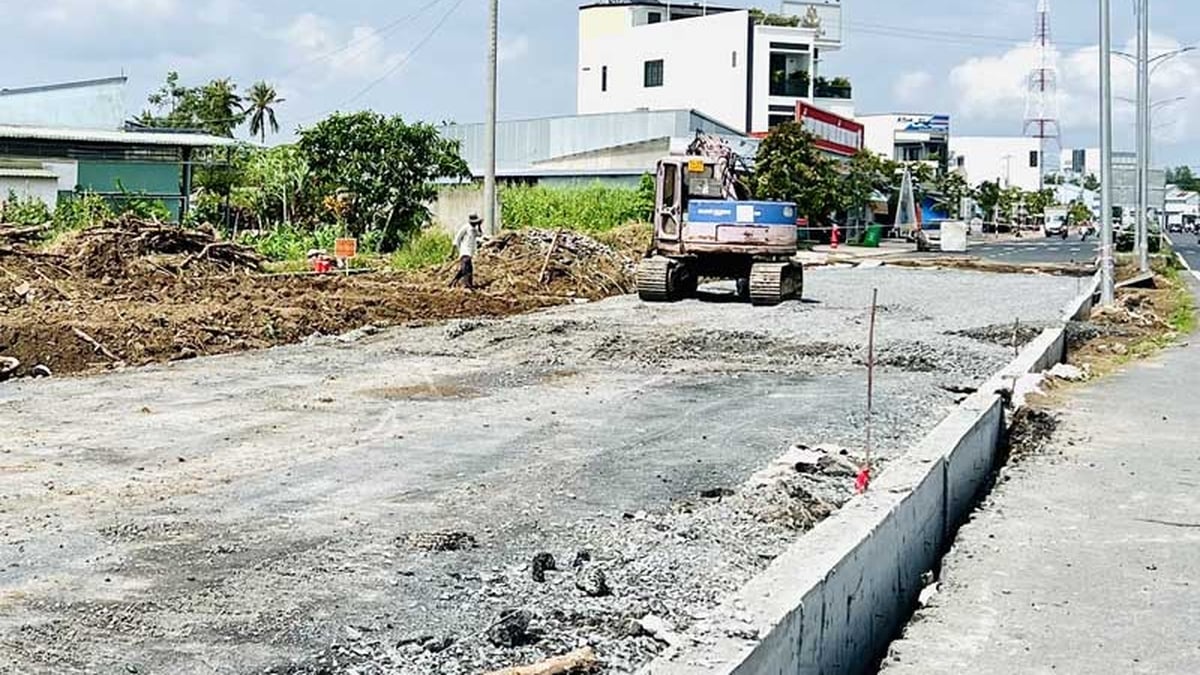
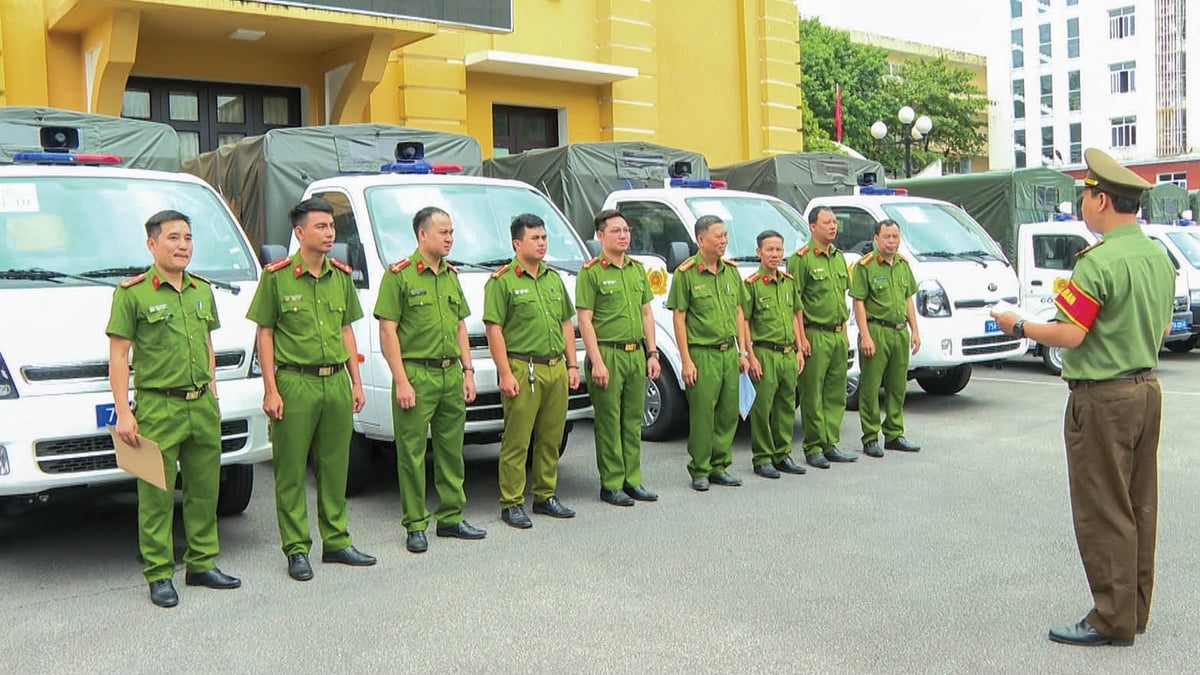
















![[Photo] Gia Lai provincial leaders offer flowers at Uncle Ho's Monument with the ethnic groups of the Central Highlands](https://vphoto.vietnam.vn/thumb/1200x675/vietnam/resource/IMAGE/2025/7/9/196438801da24b3cb6158d0501984818)



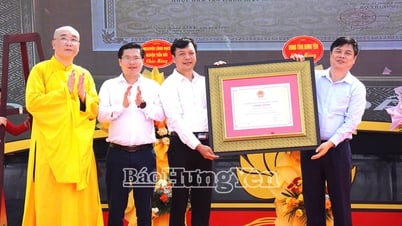

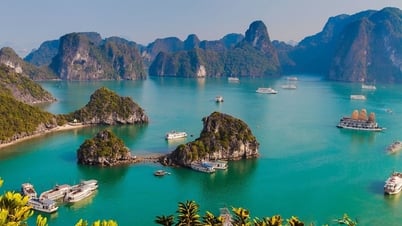

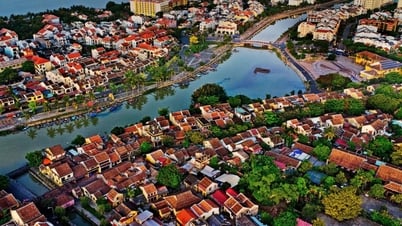



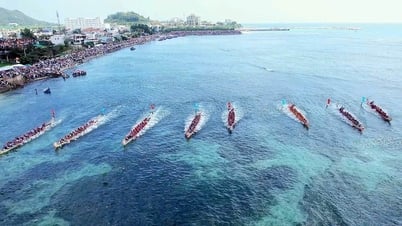

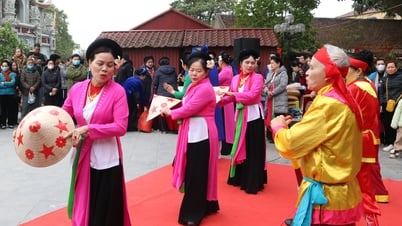

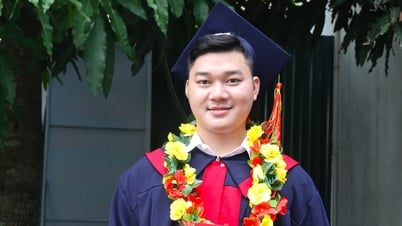

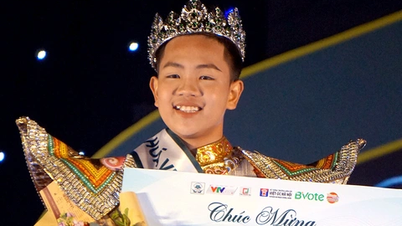
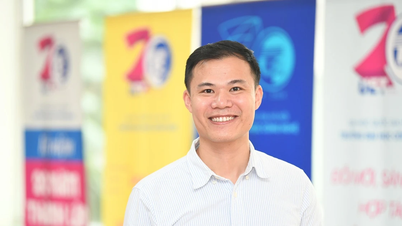

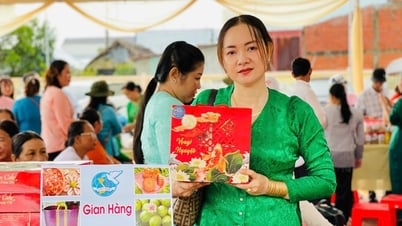



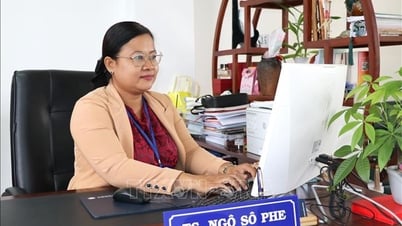


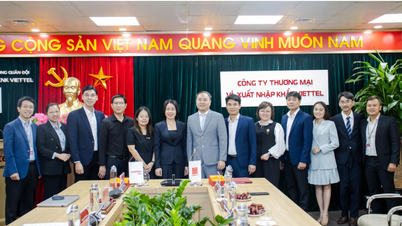

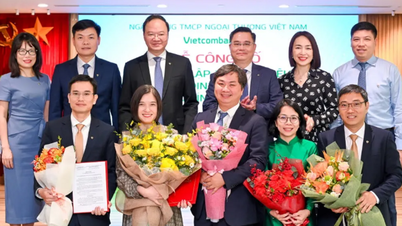

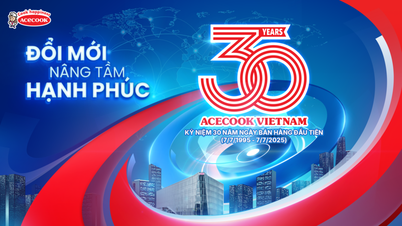

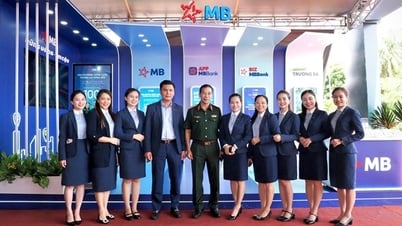

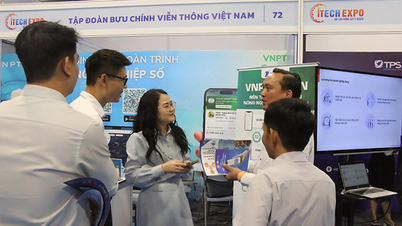
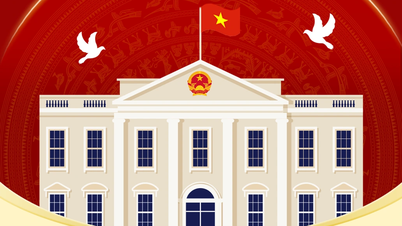


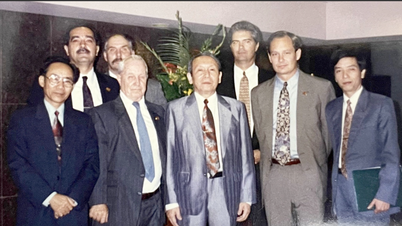
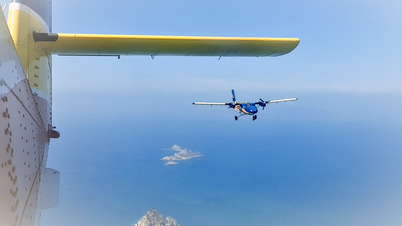


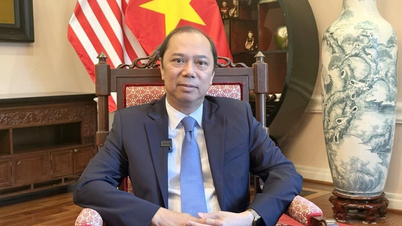



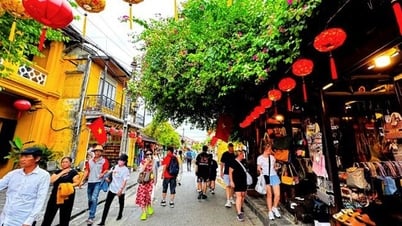
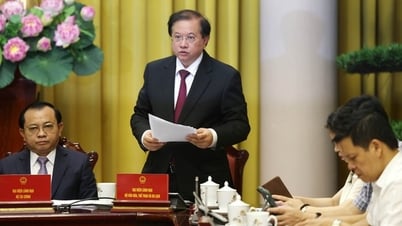
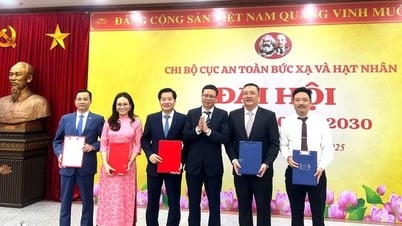

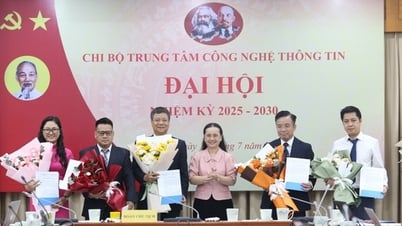
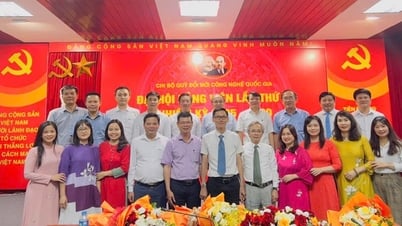











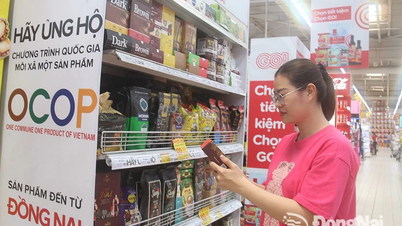

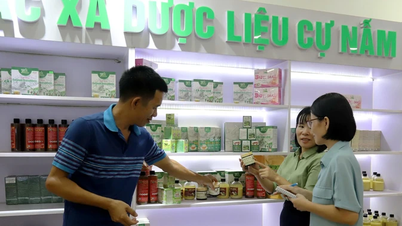





Comment (0)